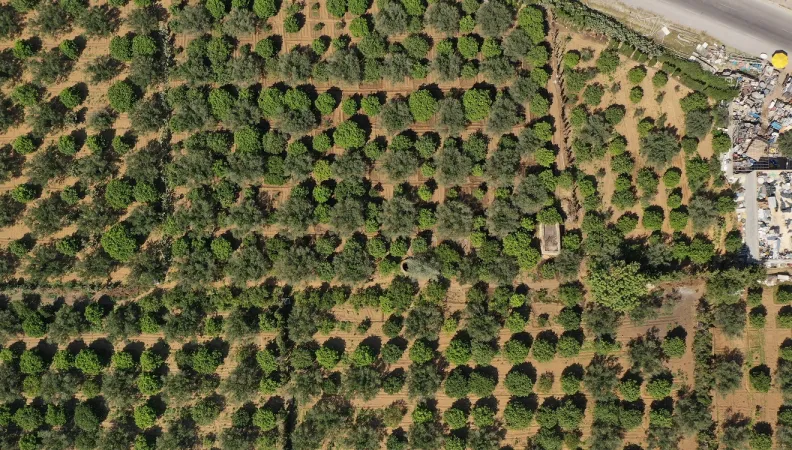Share the page
Research on Scaling up Nature-Based Solutions and Large-Scale Ecological Restoration

Within the frame of the biodiversity research program "Encouraging the Development of a Pro-Nature Economy" (ECOPRONAT), AFD is launching a call for expressions of interest for research on "Scaling up Nature-based Solutions (NbS) and large-scale ecological restoration: Towards changes in agricultural production, land-use and urban development models". This call is the first phase of the selection process. The aim: funding four research projects, starting by the end of second quarter of 2022.
The call is open until February 4th, 2022 (20h00 GMT).
